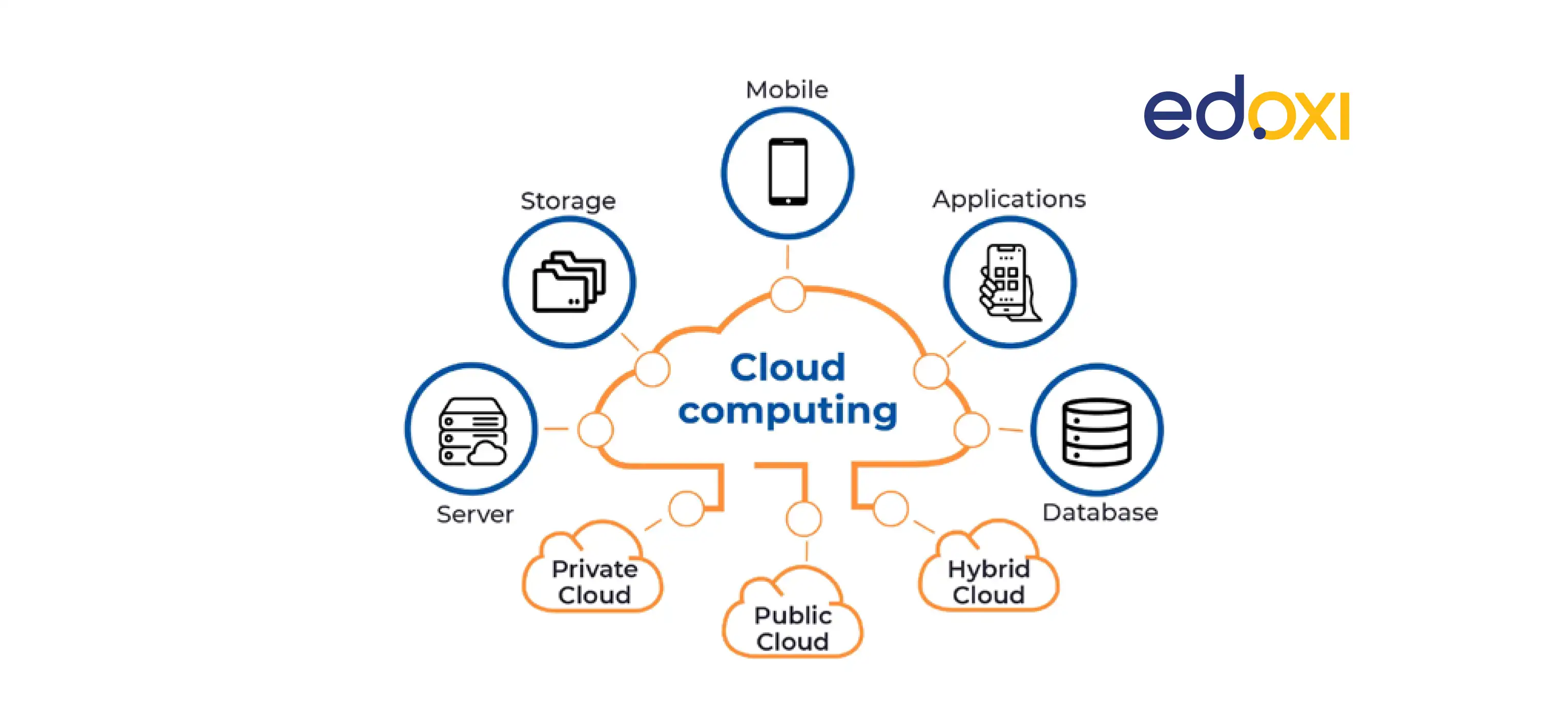Streamline IT Management With Cloud Solutions
Cloud solutions have emerged as a viable option for services looking to improve performance, reduce prices, and boost total IT performance. Just how exactly do these cloud solutions revolutionize conventional IT monitoring methods? Allow's check out the transformative impact of leveraging cloud services on IT operations and the vital factors to consider for successful execution.
Benefits of Cloud Provider
Furthermore, cloud solutions make it possible for organizations to enhance their functional effectiveness by simplifying processes and reducing the time and sources required for handling IT framework. With cloud services, companies can automate routine jobs, such as software program updates and information back-ups, freeing up IT groups to concentrate on even more strategic initiatives that drive company value.

Enhanced Scalability and Versatility
Cloud services offer organizations with unmatched scalability and flexibility in handling their IT sources effectively. With cloud solutions, organizations can rapidly scale up or down their computer sources, storage ability, and network data transfer to meet changing requirements without the need for significant upfront investments in equipment.
In addition, cloud services give the flexibility to select from a range of solution versions, such as Facilities as a Service (IaaS), Platform as a Service (PaaS), or Software as a Solution (SaaS), based on the particular demands of the service. The boosted scalability and versatility supplied by cloud services encourage companies to maximize their IT operations and stay active in today's dynamic market atmosphere.

Cost-Effectiveness and Cost Savings
With the capability to efficiently designate resources based upon demand, companies making use of cloud solutions can harness substantial cost-effectiveness and realize significant financial savings in their IT operations. Cloud solutions offer a pay-as-you-go design, permitting companies to only pay for the sources they use, getting rid of the need for big ahead of time financial investments in software and hardware. This scalability makes sure that companies can conveniently adapt to fluctuating demands without spending beyond your means on unnecessary resources. Additionally, cloud services decrease maintenance costs by moving the duty of equipment maintenance and software updates to the provider. This decreases the requirement for dedicated IT team to handle infrastructure, more cutting down operational expenditures. The cloud provides economic a knockout post climates of range, with companies spreading out expenses throughout multiple clients, resulting in reduced individual expenses for solutions like storage space and computing power. Overall, the cost-effectiveness and savings accomplished via cloud solutions allow businesses to reapportion sources in the direction of development and development initiatives.
Improved Security and Conformity
Enhancing the total protection posture and ensuring regulatory conformity are extremely important considerations for businesses leveraging cloud services in their IT administration approaches. Cloud solution carriers provide sophisticated security procedures, such as data file encryption, multi-factor authentication, and automated back-ups, which can bolster a business's security structure. These providers likewise follow stringent governing requirements, such as GDPR, HIPAA, and PCI DSS, assisting businesses meet conformity needs better.
Applying cloud solutions can boost protection by giving systematized control over gain access to monitoring, surveillance, and information security. This centralized method simplifies safety and security administration and makes certain regular application of safety plans across the organization. Cloud solutions typically offer real-time security updates and spots, decreasing the threat of vulnerabilities and possible violations.
Finest Practices for Cloud Implementation
Implementing cloud anchor solutions successfully calls for a structured strategy that includes comprehensive preparation and diligent execution. To make certain a smooth shift to the cloud, organizations ought to start by carrying out a detailed evaluation of their current IT framework and identifying which work are suitable for movement. It is necessary to establish clear goals and specify crucial efficiency indications (KPIs) to determine the success of the cloud implementation.
Among the most effective methods for cloud implementation is to thoroughly select a cloud solution company that straightens with the organization's needs in terms of security, cost-effectiveness, compliance, and scalability. Furthermore, producing an in-depth migration strategy that outlines the actions included, timelines, and responsibilities is crucial for an effective execution.
On a regular basis keeping an eye on and optimizing cloud resources to make certain effective efficiency and cost administration is an additional important aspect of cloud execution finest practices. Constant examination of the cloud atmosphere and staying informed about updates and new functions supplied by browse around this web-site the cloud service provider can better boost the organization's cloud method. By following these finest techniques, organizations can enhance their IT monitoring and take full advantage of the advantages of cloud solutions.
Final Thought
In verdict, leveraging cloud services for IT management provides numerous benefits, consisting of enhanced scalability, cost-effectiveness, boosted protection, and compliance. Overall, cloud services improve functional efficiency and dexterity in managing IT infrastructure.
Additionally, cloud services offer the versatility to select from a selection of solution models, such as Infrastructure as a Service (IaaS), Platform as a Service (PaaS), or Software Program as a Service (SaaS), based on the details needs of the organization. Additionally, cloud solutions minimize upkeep expenses by shifting the responsibility of equipment maintenance and software application updates to the service company.Enhancing the general security stance and making certain governing conformity are critical factors to consider for companies leveraging cloud services in their IT management techniques.Consistently maximizing and checking cloud resources to ensure efficient efficiency and expense management is another important facet of cloud application finest practices. Constant examination of the cloud setting and staying notified concerning updates and new functions used by the cloud supplier can further enhance the organization's cloud approach.